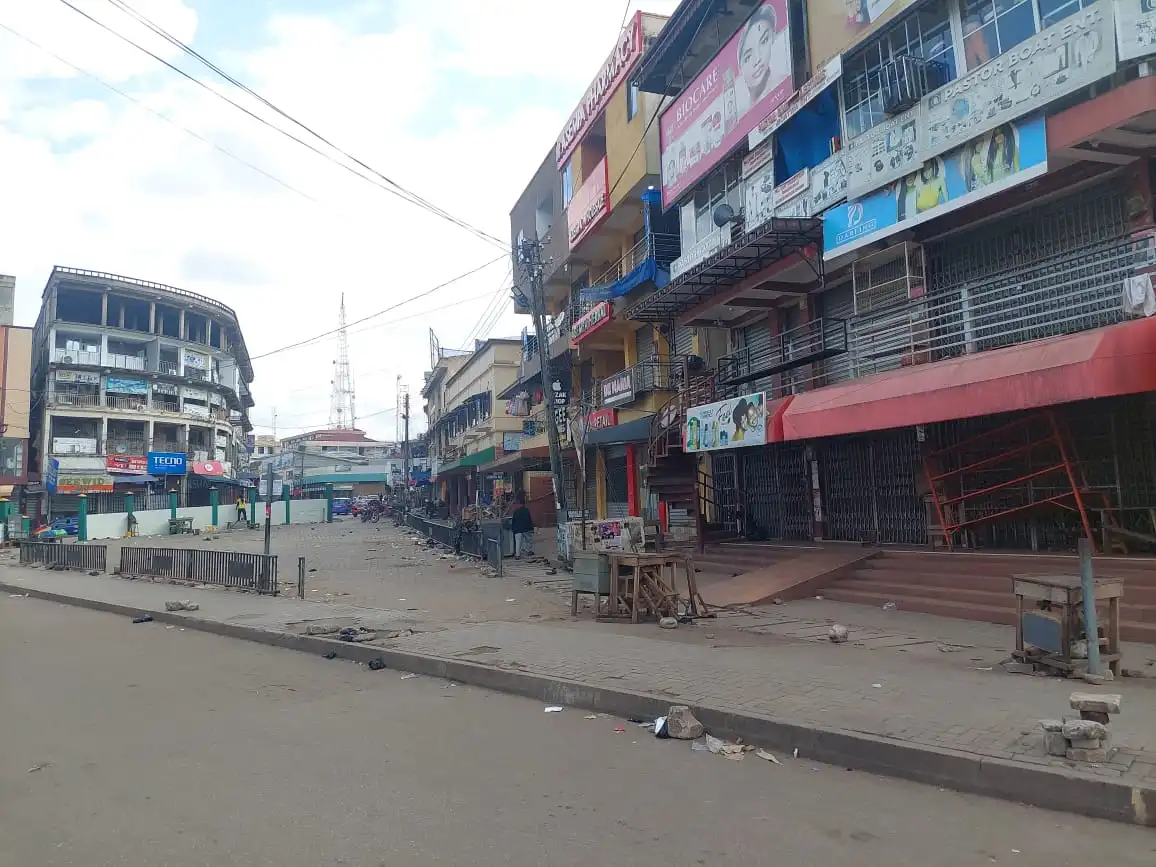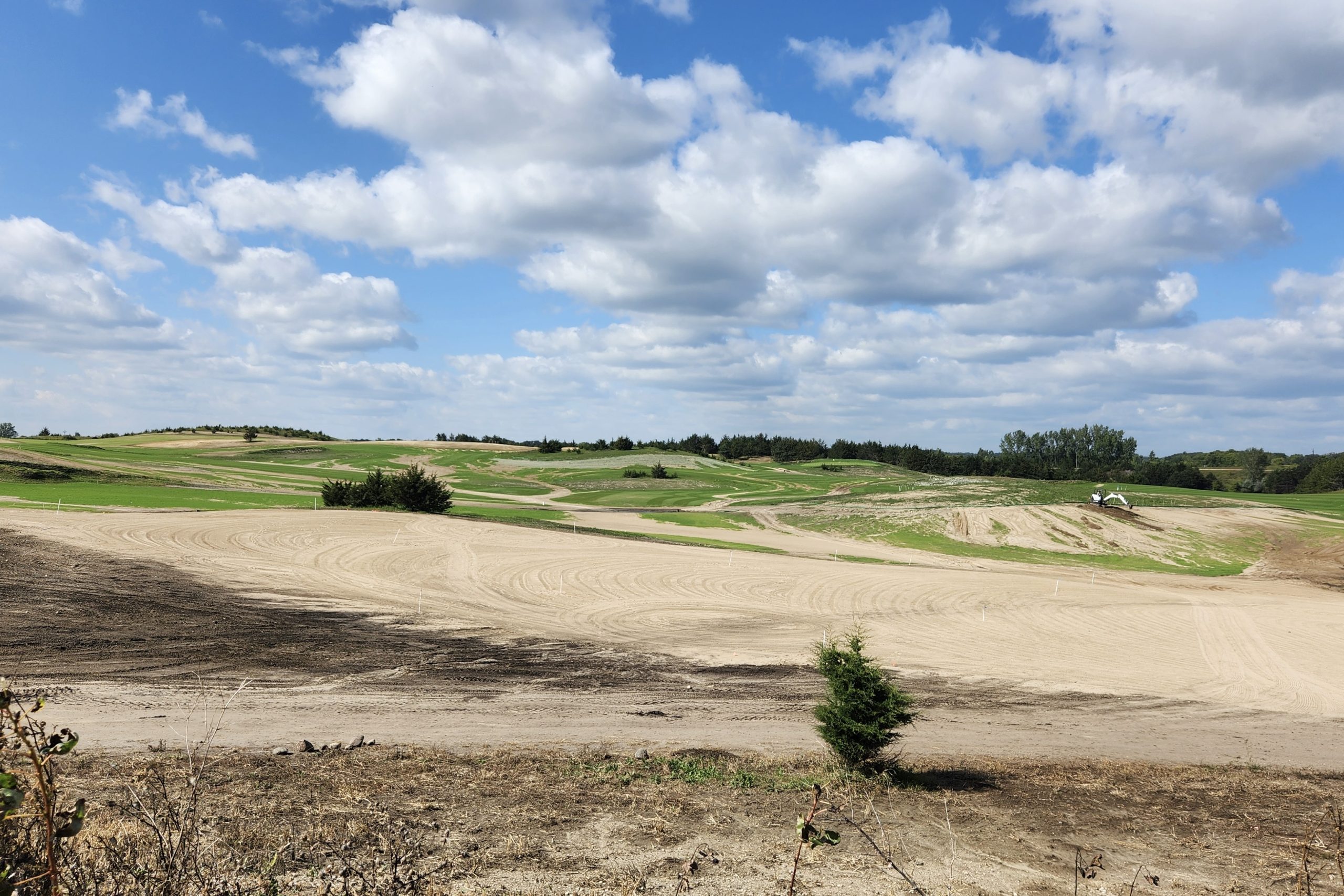By GBC,Nicholas Osei
Copyright gbcghanaonline

By Nicholas Osei-Wusu
The Ashanti region experienced a partial lockdown from the daily routine of brisk socio-economic activities, movement and vehicular congestion, particularly in the Central Business District of Kumasi, the regional capital.
This followed separate directives by the Regional Security Council and the Manhyia Palace for the smooth burial rites of the late Asantehemaa, Nana Konadu Yiadom.
As part of the four-day performance of the Dote Yie or traditional burial rites for the late Asantehemaa, Nana Konadu Yiadom, the Manhyia Palace announced a temporary ban on socio-economic activities throughout the Ashanti region, Kumasi in particular.
Residents were also to stay home from 6 p.m. on the last day to avoid coming into direct contact and conflict with the retinue that would be involved in the movement of the remains to the resting mausoleum.
The directive was to be complied with, first, as part of the traditions of Asanteman; secondly, in giving reverence to the late Queen in recognition of her status and role as a key figure in Asante chieftaincy and as the motherly figure of all Asantes; and thirdly, to allow for the smooth and peaceful transition of the Queen to her eternal resting place at Breman in the Suame Municipality at midnight, during which certain rituals and customs would be performed.
Today, as the curtain was being brought down on the four-day burial rites, GBC News followed up to observe compliance or otherwise of the ban by residents and to also find out their views on the ban.
Starting from Danyame, a first-class residential area in Kumasi, the only local basic school, the Danyame M/A Primary and JHS, had been closed to all routine teaching and extracurricular activity without any indication of defiance or ignorance, whether by teachers or pupils, when GBC got there at 10:45 a.m.
The only person found around was the school’s security man, who was relaxing under a tree.
The closure of all categories of educational institutions cut across the region, as pupils, students and staff took a holiday.
Turning to the usual trading activities in the city, it was very clear that no trader, businessperson or entity wanted to incur the wrath of the political and traditional authorities.
In fact, a scan of Kumasi revealed a complete shutdown of business activities, with every store or shop locked.
From the General Post Office through Prempeh I Street to PZ and ‘Dr. Mensah,’ no shop or store opened for business.
Ironically, the famous PZ area, which remains one of the nerve centres for the trading of wristwatches and mobile phones, had been cleared of everything, becoming bare enough to even pass for a playing field.
All entry points to the Kejetia Market, popularly called ‘Kumasi Dubai,’ were under lock and key, blocking access to the facility.
The situation was not exactly the same with transport operations, as some intracity trotro buses, taxis and rickshaws, commonly known as Pragya, were still in operation.
Their services were exempted from the ban, but the fleet had been substantially reduced compared to the numbers on a normal business day.
Some of the trotro and taxi drivers who spoke to GBC gave different accounts of business on the day. While some said they made far fewer trips with reduced sales, others said the reduced fleet helped them make better sales.
The only operating taxi driver at the ‘Dr. Mensah’ Taxi Rank said business for the day had been below expectation but that he was not disappointed at the ban.
For the Pragya rider, sales had been satisfactory even though he began business relatively late compared with other days.
Some commuters said the difficulty in getting to their respective destinations was concerning, especially as they had to walk considerable distances and wait for long hours to catch transport home.
Nonetheless, they said they did not regret the situation since it was all part of their duty to the Manhyia Palace.
It was observed also that, as the clock ticked fast towards evening, many of the mourners hurried out of the Manhyia Palace for their destinations in order not to breach the curfew.
However, they had to walk long distances in search of transport home.
For the few food vendors, the day was a blessing in disguise, as they raked in much more income than on a normal day, mainly due to the reduced number of competitors on the streets.
Another observation was that, despite being exempted from the lockdown, some businesses—especially those operating from Adum, Ashanti Newtown and nearby suburbs, including fuel service stations, banks and pharmacies—refused to open for business.
The general observation was that the people readily complied with the restrictions without reservations, in reverence to the Manhyia Palace and the departing Queen.



